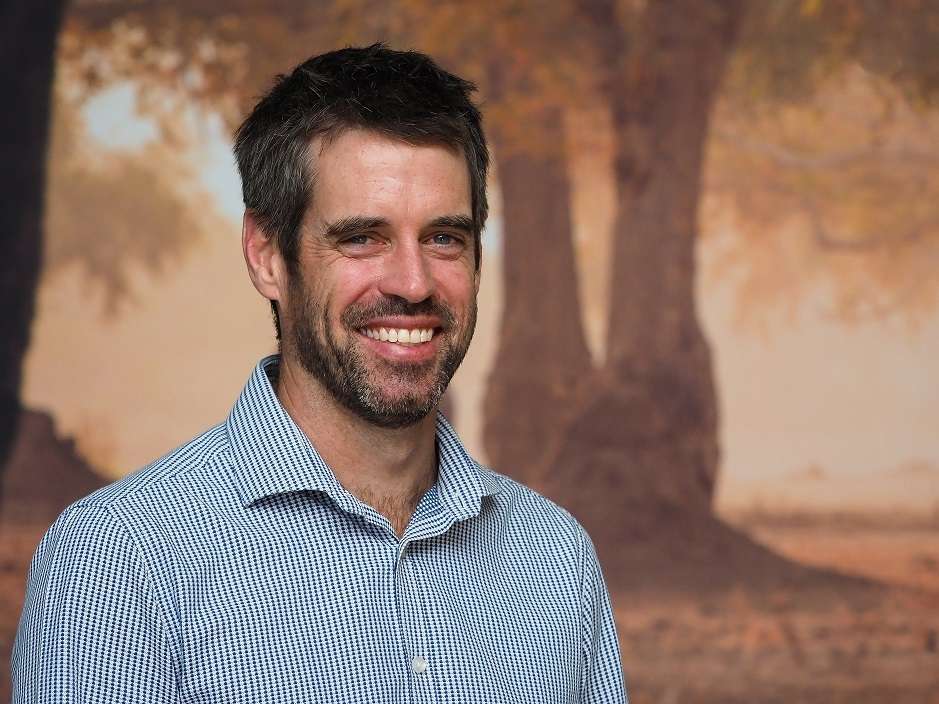For 37 years, Wilderness has used high value, low volume ecotourism to fund the conservation and restoration of Africa’s wilderness and wildlife. Our model is robust, responsible and sustainable. It changes people’s perspectives on the planet, and inspires those exposed to it to effect positive change in their own lives and own spheres of influence.
Yet today, with the global impact of the COVID-19 pandemic, we undoubtedly face the most significant threat to our business that we have encountered in our long history.
In these unprecedented times, we continue to focus on our two most valuable assets – our people, both internal and external communities, and our wildlife.
As an employer of almost 3 000 people, the vast majority of whom come from rural African communities, we feel an immense sense of responsibility to protect their jobs by ensuring that our business emerges from this crisis. With as many as 10 people dependent on one salaried family member, job losses across our industry will have a profound effect on the livelihoods of thousands of impoverished communities.
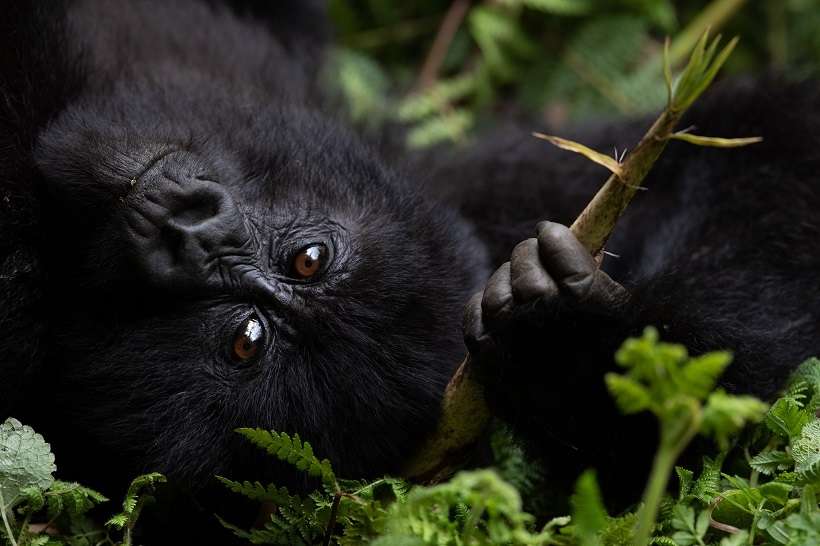
From a wildlife perspective, we have three sources from which we fund our conservation work. The first is directly from tourism revenue in each country where we operate. The second is our Sustainability Fund, which operates at a Group level, funded by an internally charged bed levy. Lastly, the Wilderness Wildlife Trust, an independent non-profit, receives and disburses donations from guests and other donors who are inspired to support our impactful projects.
These funding sources cover a broad spectrum of conservation costs, including the operation of a number of anti-poaching teams, who work closely with local wildlife authorities. In the current climate the role of these units is more vital than ever. Simply having a Wilderness camp in a wildlife area acts as a deterrent to poachers. In particular, the game drive vehicles that explore the remote regions of our concessions for upwards of eight hours a day significantly increase the risk for poachers of being detected. Unfortunately, with no guests in camp, this deterrent has dissipated. We fully expect commercial poaching syndicates to capitalise on this moment by expanding their efforts to obtain ivory, rhino horn, bushmeat and other wildlife products.
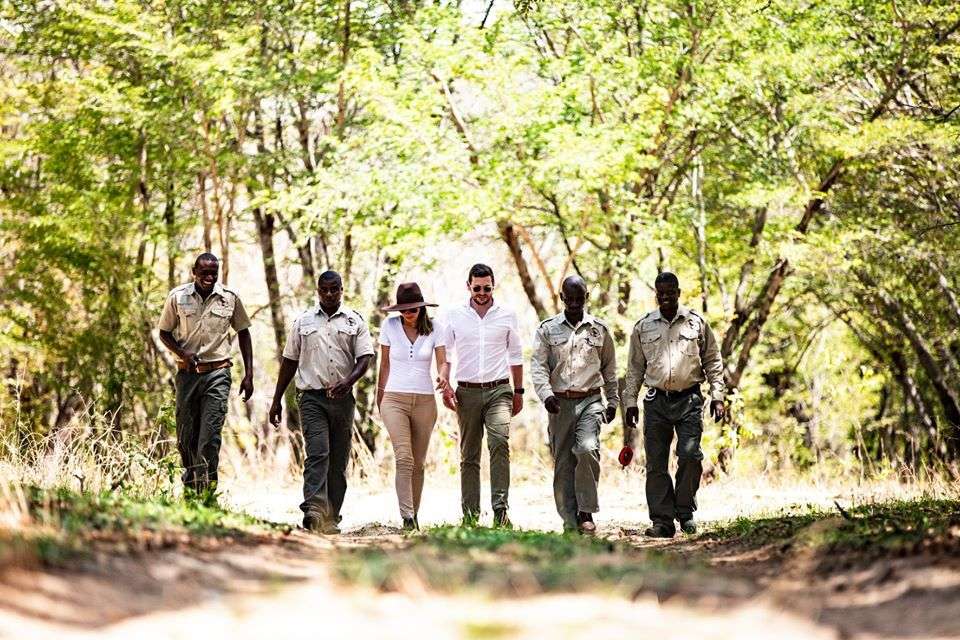
It is for this reason that we have made some alternative plans to continue to protect our wilderness areas, and their priceless assets.
With funding from the Wilderness Wildlife Trust and our Wilderness Safaris Group Sustainability Fund, we have contributed USD24 000 to conservation efforts in Hwange, including keeping the Scorpion Anti-Poaching Unit operational, as well as USD55 000 towards keeping our rhino monitors at Mombo. In our Botswana concessions, we have skeleton staff in each camp who have been tasked with driving around their areas on a regular basis to maintain some of the deterrent effect.
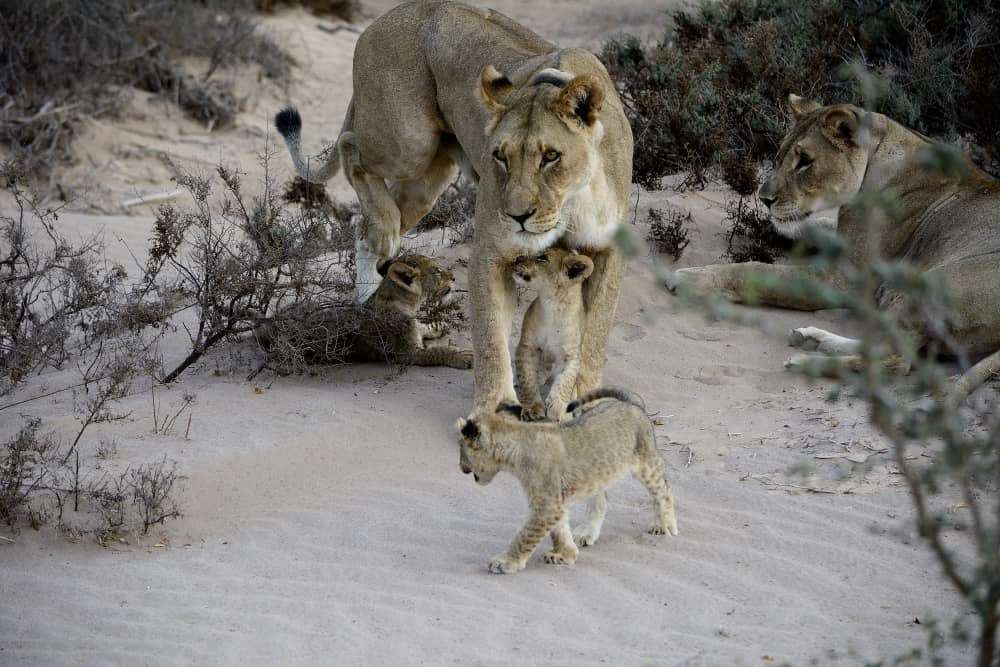
In our Namibia concessions, Human-Wildlife Conflict remains a greater threat than poaching, and we continue to assist mitigation efforts in these areas, including a recent USD20 000 grant from the Wilderness Wildlife Trust to the Desert Lion Conservation Project, to support their innovative lion early warning systems and lion ranger teams. The Trust has also just approved a USD15 000 grant to feed the the wild dogs in the boma at Chikwenya in Zimbabwe until August; they were due to be released in April, but the alpha female is pregnant, and our partner in this project, Painted Dog Conservation, needs to keep them in the boma until then.
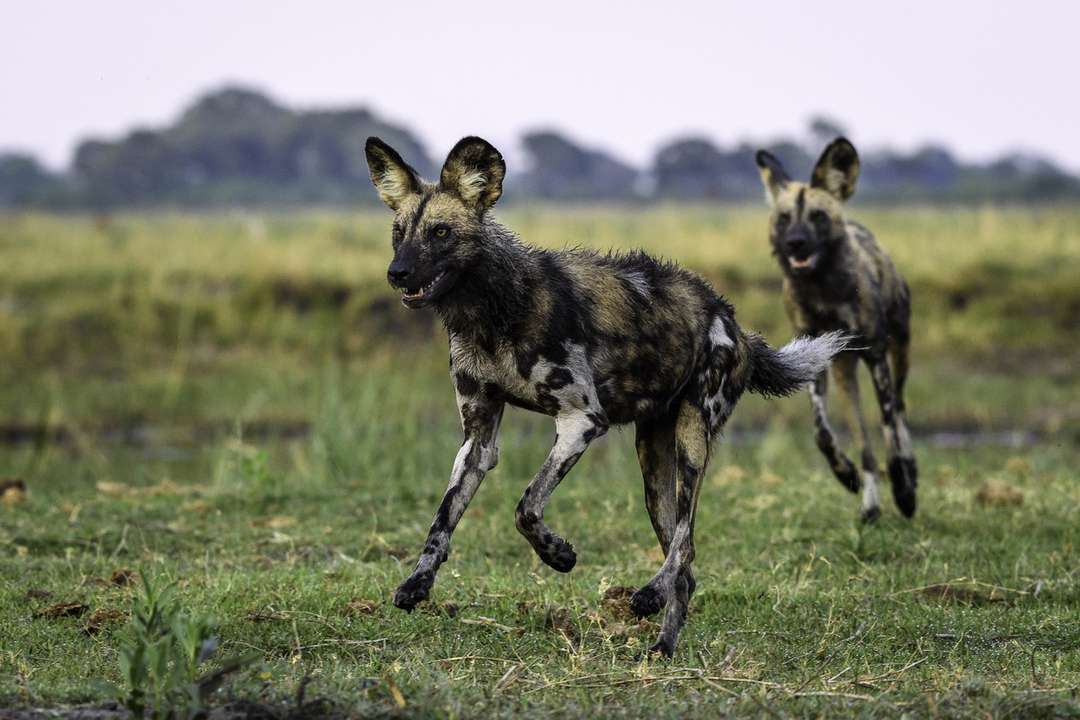
It is in difficult times like these that we need to come together with creative solutions to ensure a sustainable future for ecotourism. While the conservation value of people travelling to our camps becomes all the more clear, Wilderness Safaris will continue to make a positive difference; working closely with the local authorities to carry out the necessary patrols in the absence of our normal day-to-day activities.
Our Wilderness Safaris operations rely on tourism revenue to support their conservation work, and at a Group level, our Sustainability Fund is capitalised from an internal bed levy. Without guests staying with us to experience Africa’s most extraordinary wilderness areas, our ability to fund their ongoing protection will erode fast. However, our shareholders and management teams in each country will continue to work hand-in-hand with all stakeholders and communities to ensure that we do all that is required to protect not only our people, but the wildlife and wilderness that we conserve. Whilst it is not absolutely clear right now how we will achieve this, you can be assured that we are all doing our utmost to invest in, and protect, our two most valuable assets – our people, both internal and external communities, and our wildlife.
For those partners, guests and Africa enthusiasts who are able to assist us to continue making a difference during these unprecedented times, they can donate to the Wilderness Wildlife Trust, here.
We believe that when we emerge from this crisis together – stronger and more unified – you, the world’s intrepid travelers, will come back to visit us in Africa to experience life-changing journeys with a difference.
#WildernessUnited #StrongerTogether
Listen to a recent podcast of CapeTalk’s John Maytham interviewing Neil

Let’s plan your next journey
Ready?
When we say we’re there every step of the way, we mean it, literally. From planning the perfect circuit, to private inter-camp transfers on Wilderness Air, and easing you through Customs. We’re with you on the ground, at your side, 24-7, from start to finish. Ready to take the road less travelled? Contact our Travel Designers to plan an unforgettable journey.
